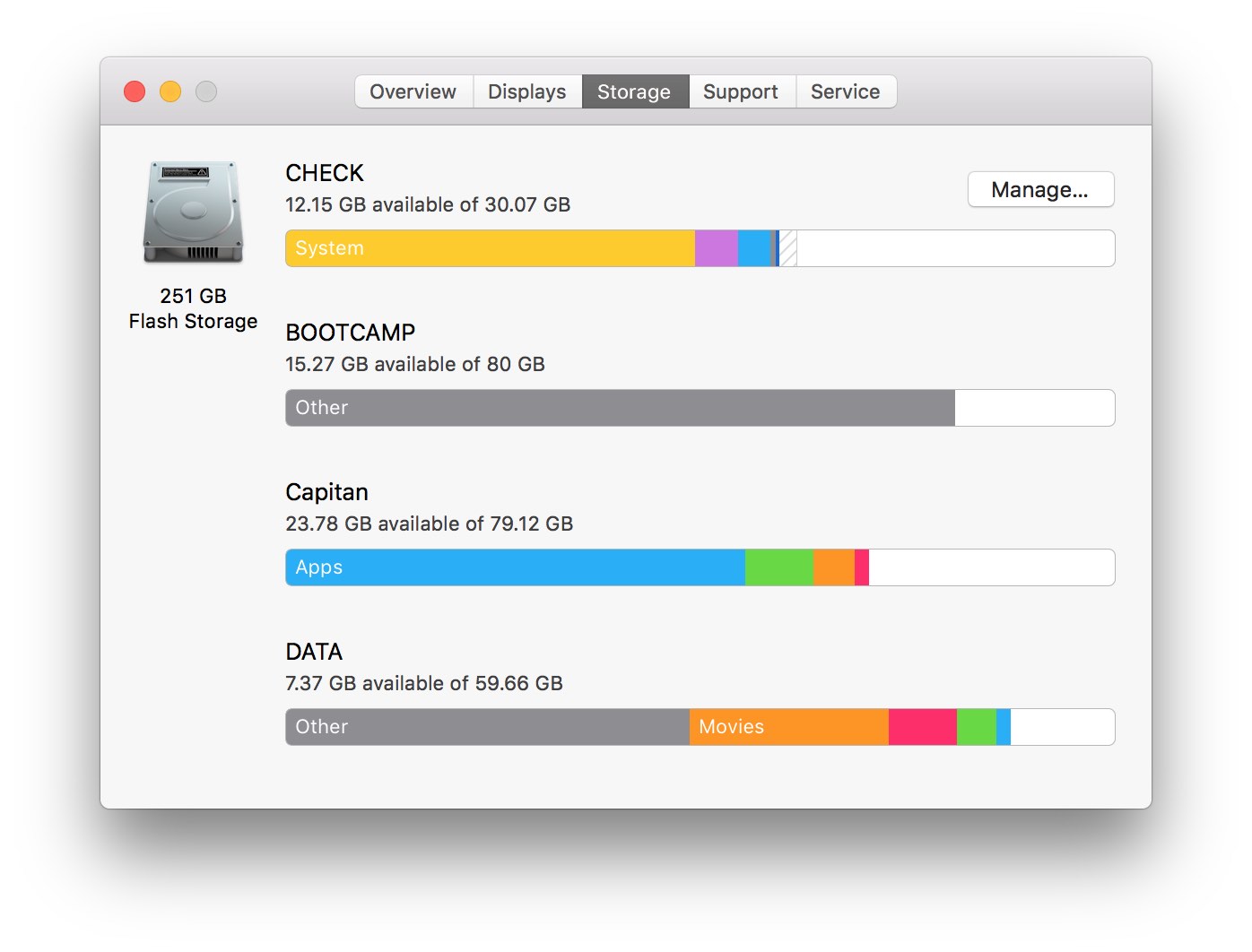Macs are potent systems which perform range and variety of tasks effortlessly. Despite this fact that Macs are efficient machines these devices can also face certain performance related issues due to cluttered and unorganized data or due to other reasons.
If you don’t give attention to system cleaning for a long time, it may end up accumulating a lot of unnecessary files and programs. This unnecessary data not only occupy precious storage space, but it also affects system speed and performance. Let’s discuss 8 common reasons behind a slow running Mac.
The Hard Drive is Almost Full
This is the most common reason behind slow speed and performance of your Mac. Hard drive gets stuck with a lot of data due to various reasons which include temporary files, old and obsolete files, duplicate files, unnecessary programs and lot more.
Due to this hard drive can’t get enough space to run its basic functions like running programs, opening files and performing other basic tasks. In other important reason your files and programs create cache files and other temporary files and during the process of running files lot of information is swapped in and out. When your hard drive gets choked up due to too many data, actions take longer, as old files interrupt system processes and need to be deleted before new files can be created.

RAM Issues
System RAM creates issues due to various reasons like short of space and too many programs running at the same time. To check the RAM status, go to Applications > Utilities > Activity Monitor > System Memory tab, now check the colored pie chart at the bottom of the window. If the chart color is largely red or orange, it requires urgent attention from your side. Running so many programs, heavy apps and files at a time also create performance issues with RAM. It can affect basic functions like switching between windows.
Operating System Update Issues
Operating system update isn’t mere a software upgrade as it widely affects how your Mac will perform. Latest updates are generally shown by default on the system notifications and neglecting them for long can create performance issues with the system later.
Every new update includes necessary fixes and additional features to enhance system performance thus updating system operating system on a regular basis make sense. If the system shows performance issues even after system upgrade, it might be some other problem with a system like broken permission or something else.
Cluttered Startup/Login Process
So many programs running at the startup time makes system booting process slow and time-consuming. These programs may include certain programs which are not required to run at system boot or certain heavy apps which are causing slow startup. To check these unnecessary programs, go to System Preferences > Users & Groups > Login Items tab.

Malware Issues
This is another common issue which affects system performance negatively. Malware attack can affect your particular file, program or it can corrupt whole your system making your system crawl. Malware, spyware, adware attacks your system through various means and stay there to infect your system significantly.
High Processor Utilization
Certain heavy apps or programs consume a lot of system resources/processor and make other things run slow on the system. There are a number of other things as well which consume your CPU power like temporary files and processes and other errant programs which make your system run slow. To check this, go to Activity Monitor > Applications > Utilities > CPU tab at the bottom of the window.

Too Many Apps/Programs running
When you run multiple programs/apps or during browsing open multiple tabs it consumes system resources unnecessarily. It is more like a behavior change where you retain only necessary programs running at a time to make your system run smooth.
Obsolete Hardware
This could be the last probable reason if you have checked all other reasons. If you are using your system for a pretty long time without updates it must be the time to think about hardware upgrade to solve slow performance issues on Mac.
Other than above mentioned reasons there can be certain culprits like duplicate files, old & obsolete files, outdated hardware which may affect your system performance. To find duplicate files or other unnecessary files on your system you can do manual searching or can try some app to get rid of this unnecessary data on your system.
Summary
Macs are efficient machines when it comes to performing any task but these systems can also perform sluggish due to various reasons. In this article, we can discuss these reasons which affect Mac’s speed and performance.






